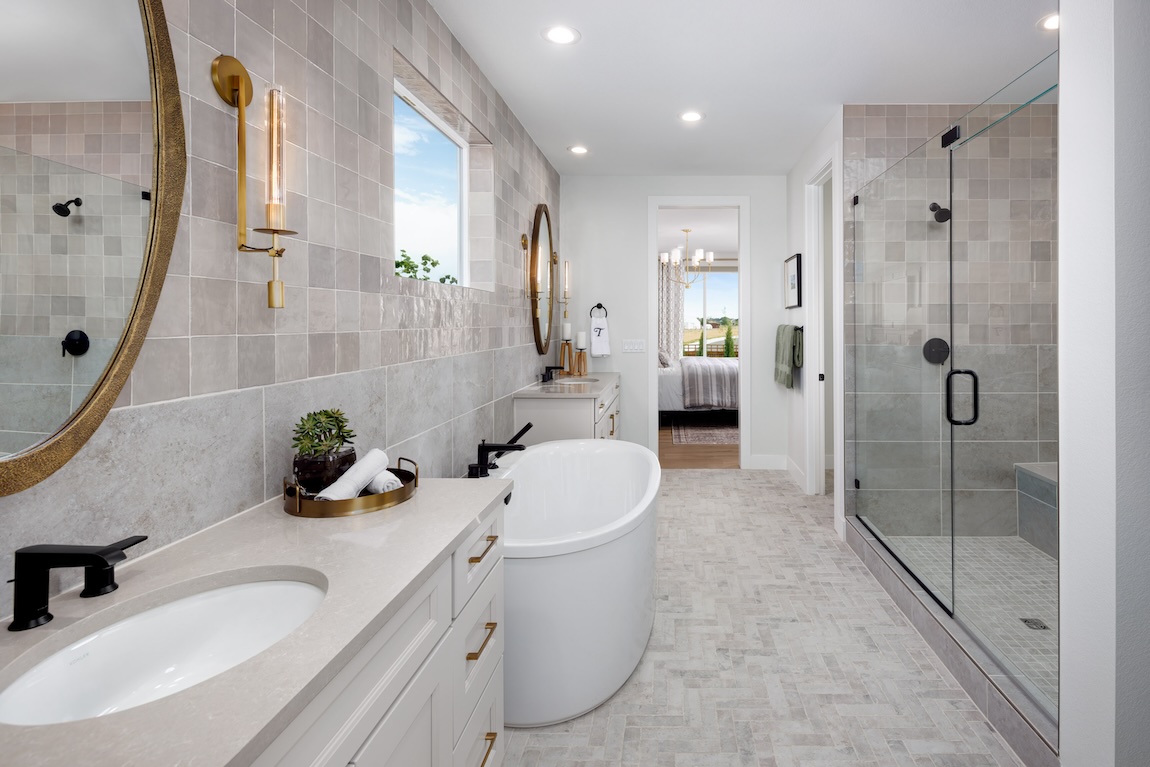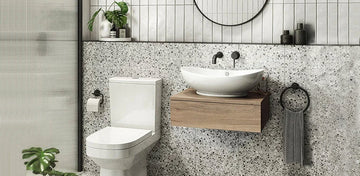In the ever-evolving landscape of home automation, automated bathroom systems are emerging as a pivotal innovation, redefining how we perceive and interact with our personal spaces. As we delve into the intricacies of these systems, it becomes clear that they not only enhance convenience but also promote efficiency and sustainability.
For industry professionals and Quality Assurance (QA) experts, understanding the nuances of these systems is crucial. The integration of smart technology in bathrooms is not just about luxury; it's about creating a seamless, efficient, and sustainable environment that meets the demands of modern living. This article explores how automated bathroom systems are reshaping the industry and what this means for QA professionals.

The Rise of Smart Bathroom Technology
The concept of a smart bathroom might have seemed futuristic a decade ago, but today, it is a reality that many homeowners are embracing. These systems encompass a range of features, from voice-controlled showers to automated lighting and temperature control. One of the key drivers behind this trend is the growing demand for personalized and energy-efficient solutions.
Smart technology in bathrooms is not limited to convenience. It also plays a significant role in water conservation and energy efficiency. By incorporating systems that monitor water usage and optimize heating, homeowners can significantly reduce their environmental footprint. This is particularly appealing in a world where sustainability is becoming a top priority.
Key Features of Automated Bathroom Systems
Automated bathroom systems offer a variety of features designed to enhance comfort and efficiency. Some of the most popular features include:
- Voice-Controlled Fixtures: These allow users to control lighting, water flow, and temperature with simple voice commands, providing hands-free convenience.
- Touchless Faucets and Toilets: Reducing the spread of germs and improving hygiene, touchless fixtures are becoming a staple in modern bathrooms. For more on this, check out our insights on Touchless Bathroom Fixtures.
- Smart Mirrors: Equipped with integrated lighting and display features, smart mirrors offer both functionality and style. Learn more about these innovative features in our article on Smart Mirrors with Lights.
- Automated Showers: These systems allow users to set personalized shower routines, including water temperature and duration, ensuring a perfect experience every time.
Impact on Quality Assurance in the Industry
As automated bathroom systems become more prevalent, the role of QA professionals is becoming increasingly critical. These systems require rigorous testing to ensure they function seamlessly and meet safety standards. QA experts play a vital role in identifying potential issues and ensuring that these systems deliver on their promises of convenience and efficiency.
One of the challenges faced by QA teams is the integration of various technologies within a single system. Ensuring compatibility between different components, such as voice control and water management systems, requires a thorough understanding of both software and hardware interfaces.
Ensuring Seamless Integration
For QA professionals, ensuring seamless integration involves:
- Comprehensive Testing: Rigorous testing protocols are essential to identify potential issues and ensure that all components work harmoniously.
- Continuous Monitoring: Post-installation monitoring helps in detecting and addressing any performance issues promptly.
- User Experience Evaluation: Gathering feedback from users is crucial to understand how these systems perform in real-world scenarios and make necessary adjustments.
For further insights into the future of smart bathrooms, industry professionals can explore the possibilities discussed in this comprehensive case study on smart water technology.
Challenges and Future Prospects
While the benefits of automated bathroom systems are clear, there are challenges that need to be addressed. One of the main concerns is the cost of installation and maintenance. Although prices are gradually becoming more affordable, the initial investment can still be significant for many homeowners.
Moreover, the rapid pace of technological advancement means that systems can quickly become outdated. This poses a challenge for both manufacturers and QA professionals to ensure that systems remain relevant and up-to-date.
Looking to the Future
The future of automated bathroom systems looks promising, with continuous advancements in technology paving the way for even more sophisticated solutions. From AI-powered systems that learn user preferences to the integration of renewable energy sources, the possibilities are endless.
For those interested in staying ahead of the curve, exploring the latest bathroom trends for 2025 can provide valuable insights into what to expect in the coming years.
Conclusion
Automated bathroom systems are not just a trend; they represent a significant shift in how we interact with our living spaces. For industry QA professionals, understanding the intricacies of these systems is essential to ensure they meet the high standards of modern consumers. As technology continues to evolve, the role of QA in maintaining the quality and efficiency of these systems will become even more critical.

FAQ
What are the main benefits of automated bathroom systems?
Automated bathroom systems offer numerous benefits, including enhanced convenience, improved hygiene, energy efficiency, and reduced water consumption. These systems provide a personalized and sustainable bathroom experience.
How do automated bathroom systems impact water conservation?
These systems often include features such as automated water flow control and leak detection, which help in minimizing water wastage and promoting efficient water use, contributing significantly to conservation efforts.
What role does QA play in the development of automated bathroom systems?
QA professionals ensure that all components of the system function seamlessly and meet safety and quality standards. They conduct rigorous testing, monitor performance, and gather user feedback to maintain the system's reliability and efficiency.






